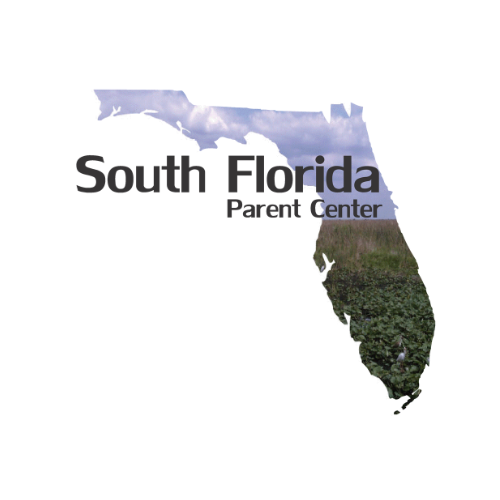Along with successes come mistakes, for that is how we learn. It is difficult to understand good unless you have experienced bad, right without wrong. This never happens with isolation and segregation that restricts and limits exposure to life. It is not only society that promotes this isolation but often it is those that care the most.
 Many years ago my mentor referenced a quote: “A ship is safe in harbor, but that’s not what ships are for.” The “ship” is a metaphor for a person. The quote is basically saying that a ship is safe in harbor, but that’s not what it’s for. Ships aren’t built so they can sit there in a harbor. Ships are built for sailing and adventures in the sea. There may be risks, but hey, that’s what the ship was made to do. Much like a person can be safe and comfortable at home, but that’s not the point of life. The point of life is to explore and have adventures, not sit at home and think that you are, at least, safe.
Many years ago my mentor referenced a quote: “A ship is safe in harbor, but that’s not what ships are for.” The “ship” is a metaphor for a person. The quote is basically saying that a ship is safe in harbor, but that’s not what it’s for. Ships aren’t built so they can sit there in a harbor. Ships are built for sailing and adventures in the sea. There may be risks, but hey, that’s what the ship was made to do. Much like a person can be safe and comfortable at home, but that’s not the point of life. The point of life is to explore and have adventures, not sit at home and think that you are, at least, safe.
I recently attended an IEP with a mother and daughter and saw that example practically applied. Through assisting the parent in her efforts of advocating spanning a period of time beginning in elementary school and now progressing into high school – I have seen the reluctance of the mother to let go. But this year I did see the loosening of the grip and the cutting of the apron strings. The result was the birth of a self-advocate and a young lady emerging as the person running her own IEPs and making her own decisions. I, totally, get the concept of not wanting to let go or give up the carefully and sometimes hard won safety net of services we weave around our children with disabilities to protect them. I experienced this first hand with my own son and when it turned out that he was right in determining he didn’t need those services I will admit I experienced mixed feelings. When I saw his “ship” sailing with sails billowing and his own course in life set, I accepted that it was time to let go and relinquish control of the tiller to him. I admit I become frustrated with parents that have no intention of allowing their children to make decisions or accept the fact that keeping that ship tied to the dock is not the thing to do. Yes, occasionally they will run aground and tear a sail or spring a leak. I know I did, and so did my father before me – that is just a natural part of experiencing life.
So how do you convince someone that smothering and over protecting may not be in the best interest of a child’s development toward independence? There is good reason that IDEA addresses transition (Transition) building toward the inevitable day they children reach the age of majority. (Age of Majority)
I know as some are reading this they are scoffing at ever letting go of control or considering accepting that their children might have a vision of their own future – which may differ from their parent’s vision. There comes a point in a person’s life when they should have the free will to make their own decisions, to the maximum extent possible, and not have every decision made for them. Having previously voiced this and suffered the ire of many an irate mother on numerous occasions, I remain cautious in making that point known. It doesn’t change my beliefs that an individual has the right to make mistakes and realize the consequences of the choices they make without someone else deciding for them.
“No decisions about me, without me” is such a profound statement that we all apply in our lives and should not have a different standard for anyone else. One of the things that factors into my continued efforts of advocacy is that individuals with disabilities, given proper supports, consistently exceed the expectations of professionals, and parents too! Too often it is predicted that an individual with a disability will never be able to accomplish something. Then the same people who predict failure are surprised when their low expectations are replaced by success. Stereotyping individuals with disabilities can make one look foolish.
 So, if you should find yourself restricting the life experience of a person with disabilities, offer support and foster independence instead by raising anchor, casting off lines and moving away from the dock.
So, if you should find yourself restricting the life experience of a person with disabilities, offer support and foster independence instead by raising anchor, casting off lines and moving away from the dock.
